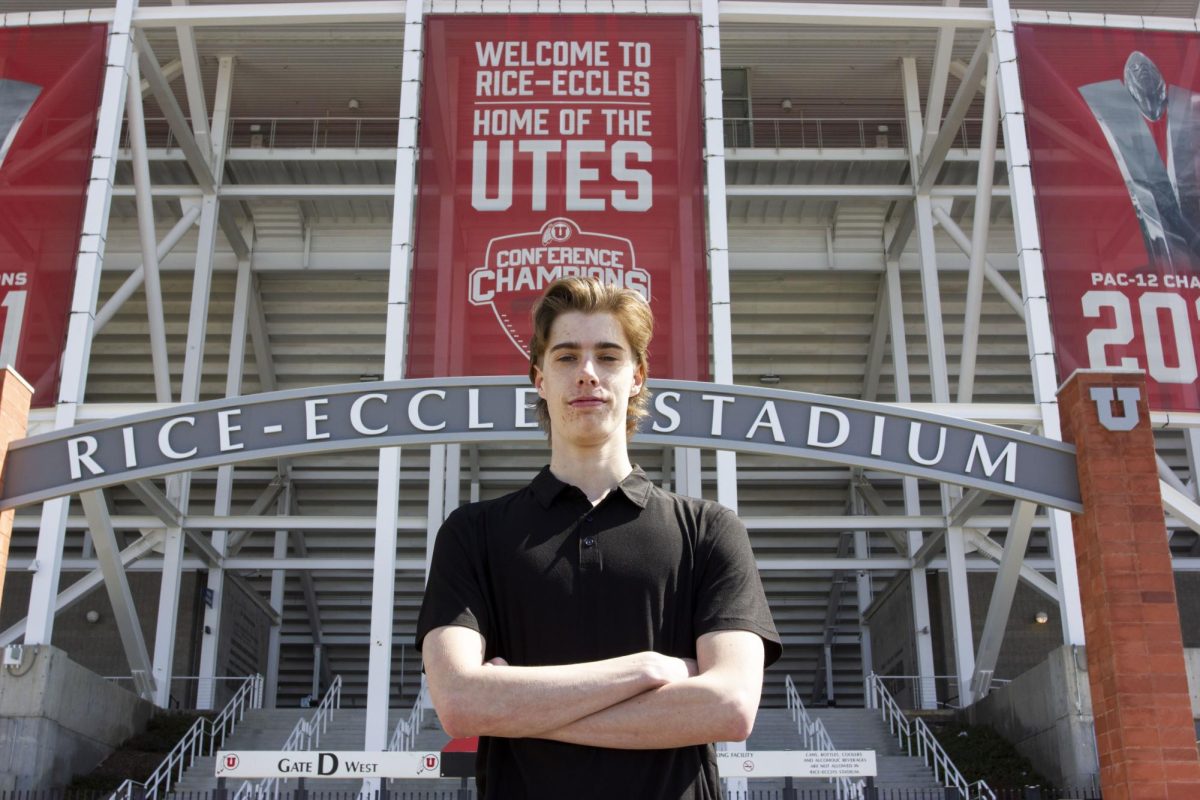
Photo Courtesy Rosie Neville
Colleges and departments frequently make changes to curriculum or graduation requirements, but the College of Science is now including students in those decisions.
The college recently created a student advisory board that acts like ASUU for the college, said Rosie Neville, a junior in biology.
Each science department has two representatives, with Neville being one of two students who represent the Department of Biology.
“The representatives will be spokespersons for students at a wider base,” she said. “We are a voice for students in the College of Science.”
The college is looking to make some serious changes in the next couple of years, Neville said.
The upcoming Crocker Science Center will be a central hub for interdisciplinary programs, and the courses will have to change to meet those goals. By having this board, students can offer opinions about how to best change curriculum, said Jackson Richards, a senior in biology.
He sees many science students already double majoring or completing minors in different sciences, and the college is trying to keep up. Richards said the college is creating more interdisciplinary classes and proposed a general science degree.
“You can still just get one major, but most people need a solid understanding of all the sciences,” he said. “They all connect, and the college needs to be structured to reflect that.”
He is glad to be part of the conversation for these changes even though he is graduating this semester.
Greg Owens, associate dean for student affairs for the College of Science, said the college wanted some seniors on the board this year because of their knowledge and perspective about the college.
The college wants to be sure it is preparing seniors for careers and further education. There is also an advisory board composed of people involved in the industry that informs the college about what is needed for students to succeed in science jobs. Some board members are pushing for new programs, such as one in biophysics, to meet the needs of the community, said Mick’l Scadden, a senior in chemistry and biology who represents chemistry on the student board.
Scadden has found the college is listening to suggestions and is willing to act on some of the board’s recommendations. The college has brought a student perspective to plans for the Crocker Science Center for food options, rooms for groups to meet in and hours that work best for students.
The student advisory board is also creating an exit survey seniors can quickly fill out while waiting to walk at graduation about their post-graduation plans. The college is trying to get more scientists into the industry, so the survey will show where the students are actually going, Richards said.
As a junior, Neville is excited to get more science students to events in the fall.
“We want to bring students together in an intellectual community,” she said. “Students can interact with people in other departments and have opportunities for networking.”
Neville is glad to see good representation of women on the student board as they make up about half of the members. The diversity of the board helps it best embody the college as a whole while serving as mediators between decision-makers and students.
“These are things students should be aware of,” Richards said. “Having a say in curriculum is important, because everyone has ideas to … better their education.”















